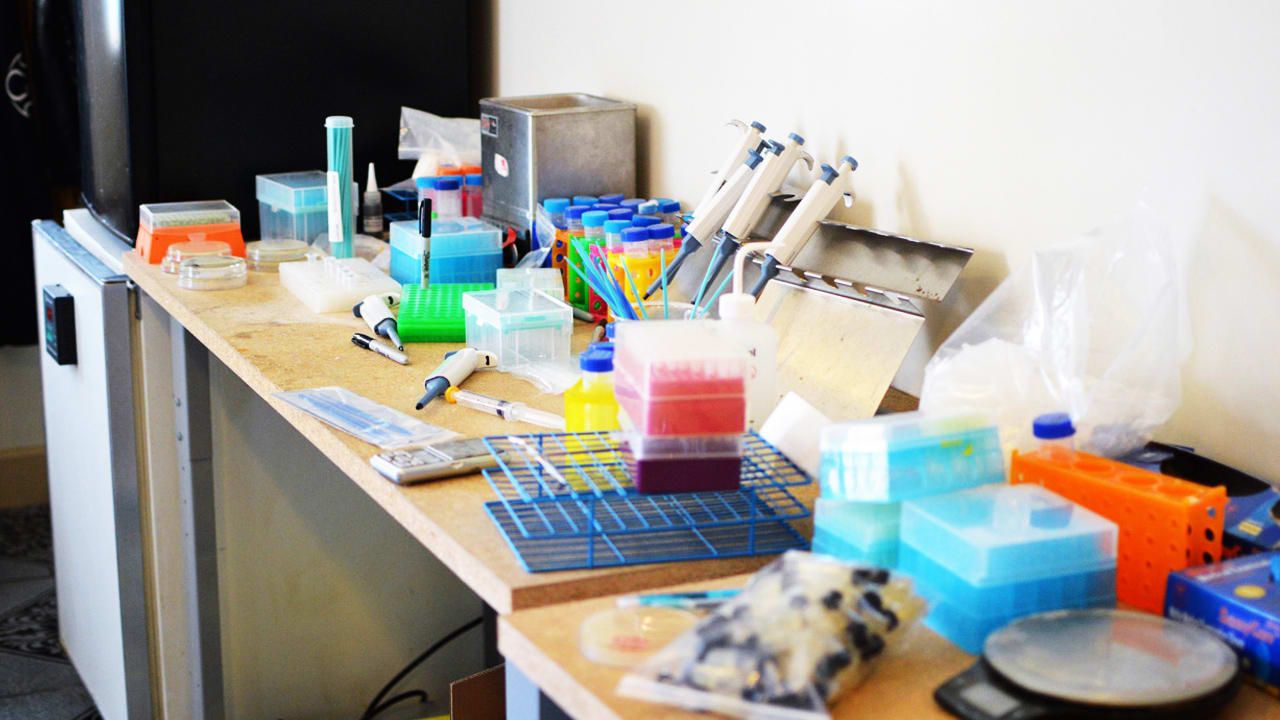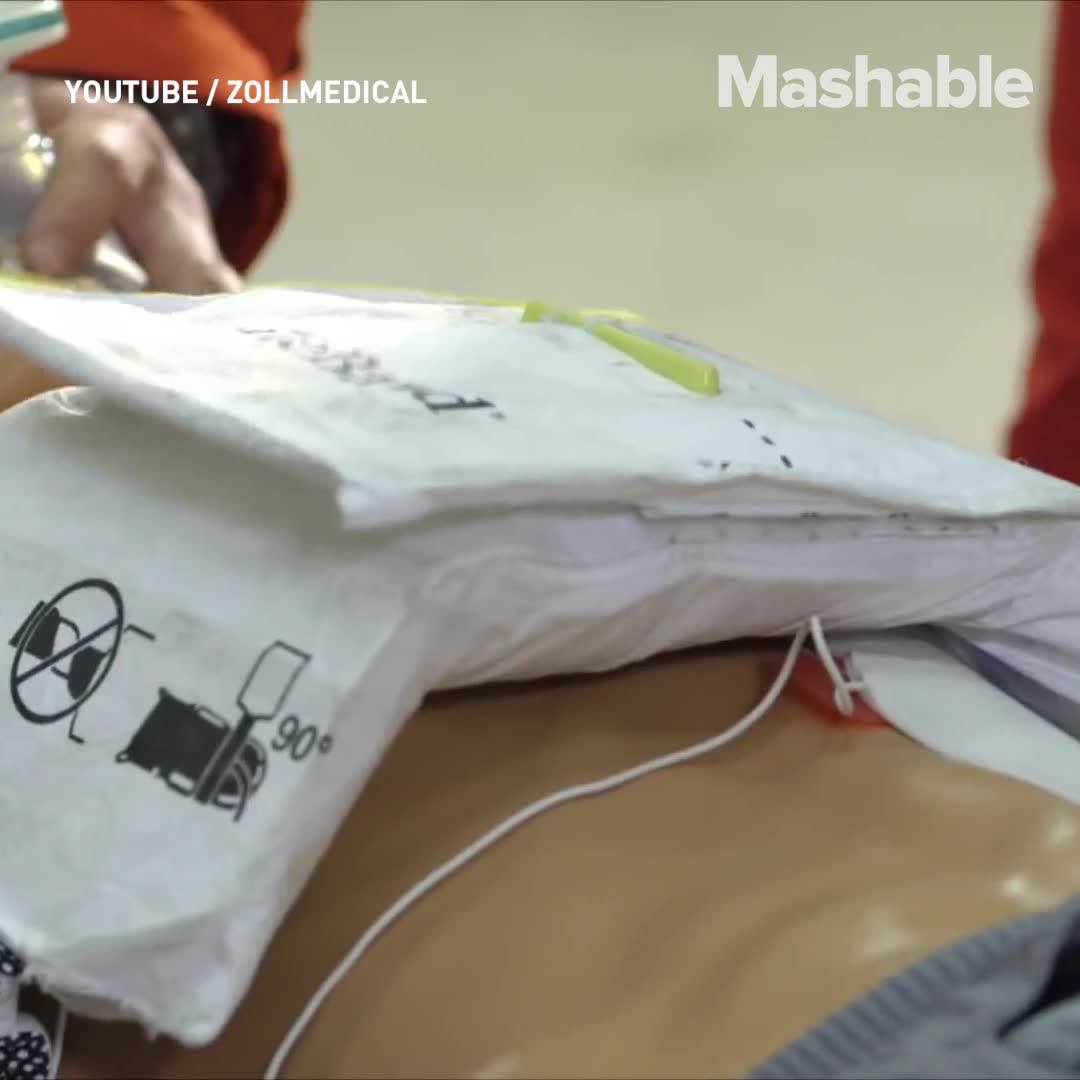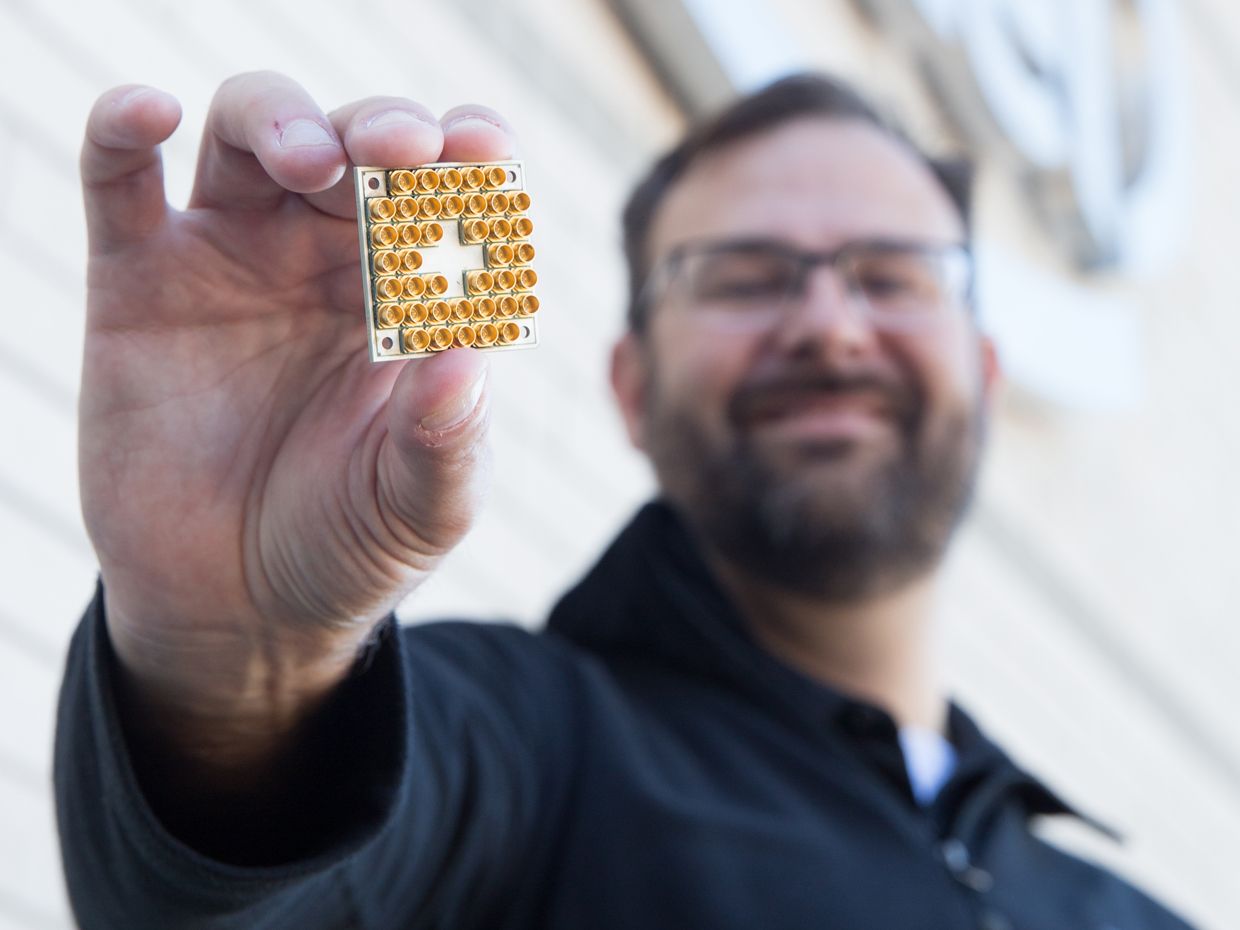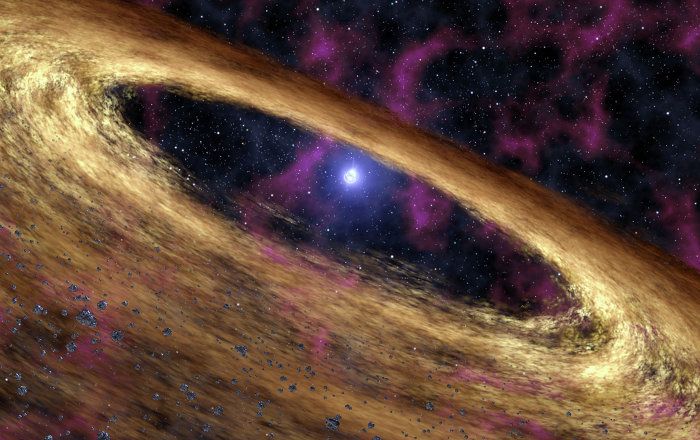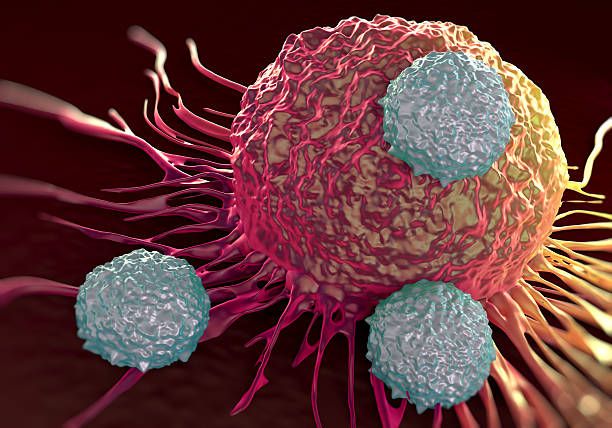Autonomous driving technologies are already established in mining and agriculture thanks to companies such as Caterpillar and John Deere.
They made their money by harnessing tech to transform life. Now, they want to use their wealth to extend the limits of life. Longevity is the new frontier for these Silicon Valley barons and they hope to again do what they do best, transform life as we know it and make a killing off it.
Intel says it is shipping an experimental quantum computing chip to research partners in The Netherlands today. The company hopes to demonstrate that its packaging and integration skills give it an edge in the race to produce practical quantum computers.
The chip contains 17 superconducting qubits—the quantum computer’s fundamental component. According to Jim Clarke, Intel’s director of quantum hardware, the company chose 17 qubits because it’s the minimum needed to perform surface code error correction, an algorithm thought to be necessary to scaling up quantum computers to useful sizes.
Intel’s research partners, at the TU Delft and TNO research center Qutech, will be testing the individual qubits’ abilities as well as performing surface code error correction and other algorithms.
After one year of trial operations, China’s 500-meter Aperture Spherical Radio Telescope (FAST), a 30-football-field-large radio telescope that is currently the world’s largest, recently discovered two pulsars 16,000 and 4,100 light years from Earth, respectively.
Pulsars are magnetized and rotating collapsed stars that emit electromagnetic beams. Researchers from the National Astronomical Observatories of China (NAOC) confirmed Tuesday that the new pulsars J1859-01 and J1931-01 were discovered on August 22 and 25 while the telescope was scanning the southern galactic plane. Australia’s Parkes radio telescope confirmed the discovery in September, state news agency Xinhua reported on Tuesday.
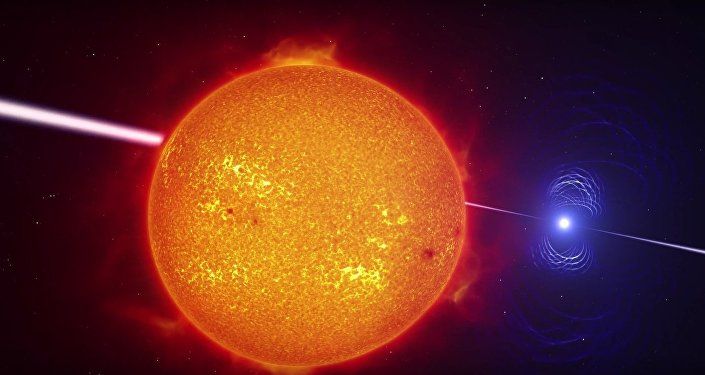
Recorded Oct 4th, 2017
Link to the interview, goo.gl/8rQ6YS
Link to Aubrey de Grey’s SENS Research Foundation — http://www.sens.org/
The Google, Apple and Facebook workers who helped make technology so addictive are disconnecting themselves from the internet. Paul Lewis reports on the Silicon Valley refuseniks who worry the race for human attention has created a world of perpetual distraction that could ultimately end in disaster.

